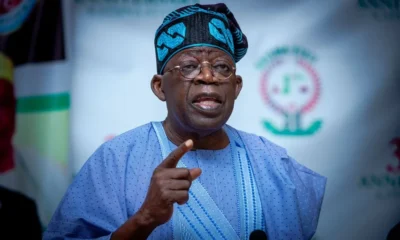

Bola Tinubu, former governor of Lagos state, has won the presidential primary election of the All Progressives Congress (APC). Rotimi Amaechi, former minister of transportation and...
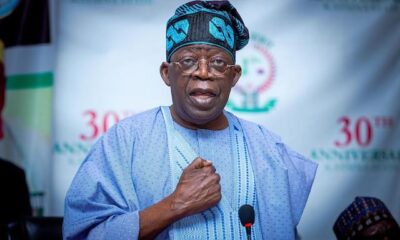

Bola Ahmed Tinubu, former Lagos state governor, is on course to win the presidential primary of the All Progressives Congress (APC) by a wide margin. Following...
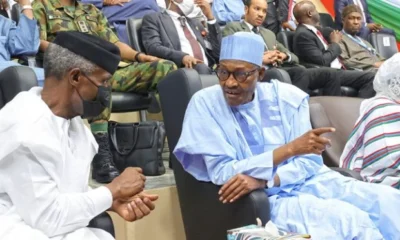

The President, Major General Muhammadu Buhari (retd.), and his vice, Yemi Osinbajo, have returned to the venue of the ongoing national convention of the All Progressives...
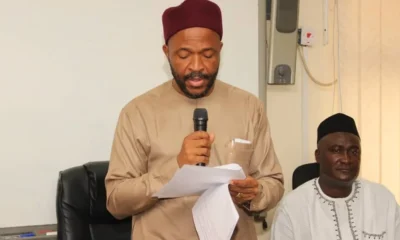

The immediate past Minister of State for Education and presidential aspirant on the platform of the All Progressives Congress (APC), Chukwuemeka Nwajiuba, has revealed the reasons...


A total of 23 African countries have converged on Rabat in Morocco to chart a new course to maximise the utilisation of the Atlantic Ocean for...
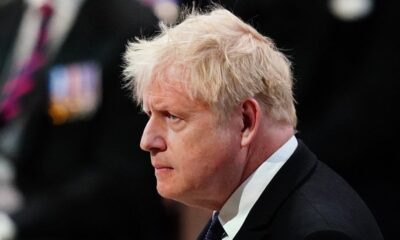

British Prime Minister Boris Johnson faces a boisterous parliament Wednesday in his first appearance before lawmakers since narrowly fending off a damaging no-confidence vote from his...
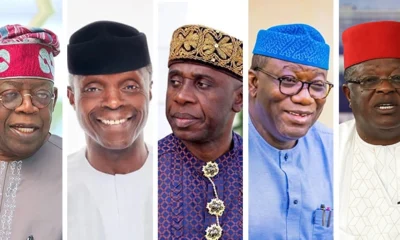

The National leader of the All Progressives Congress, Bola Tinubu, is leading in the ongoing presidential primary of the party in Abuja. Tinubu won 10 of...
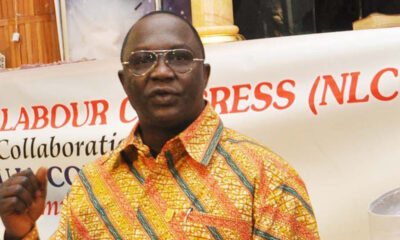

The Nigeria Labour Congress has called on the Federal Government to end the strike by the Academic Staff Union of Universities and other university-based unions. The...
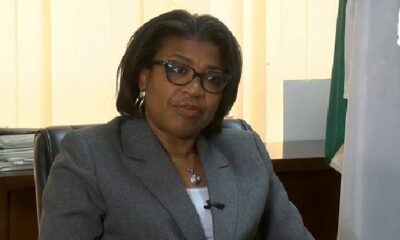

The Debt Management Office (DMO) has revealed that Nigeria in the first three months of 2022 borrowed N2.04 trillion. It stated this in a statement published...
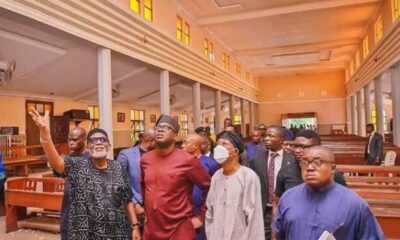

Rotimi Akeredolu, governor of Ondo, says 22 persons have been confirmed dead following the attack on St. Francis Catholic Church in Owo, Ondo state. The church...